In a significant move towards inclusivity and empowerment, Slovenia has unveiled a new initiative aimed at expanding educational opportunities for refugee students. In partnership with the United nations High Commissioner for Refugees (UNHCR), the government is committed to integrating refugee youth into slovenia’s educational system. This initiative not only addresses the immediate educational needs of displaced students but also fosters long-term social and economic integration. As countries around the world grapple with the challenges of migration and displacement, Slovenia’s efforts provide a compelling model for how education can serve as a bridge for refugee youth, helping them to rebuild their lives and contribute to their host communities. This article explores the details of Slovenia’s educational pathways for refugees, the impact on students, and the broader implications for policy and practice in supporting displaced populations.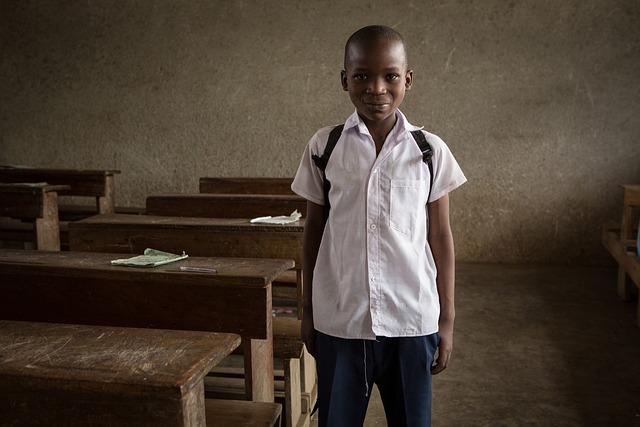
Understanding the New Educational Framework for Refugee Students in Slovenia
Slovenia’s recent changes in educational policy aim to provide a robust framework for refugee students, ensuring they can access quality education and integrate successfully into Slovene society. Key components of the new framework include:
- personalized Learning Plans: Each student will receive tailored educational paths that recognize their unique backgrounds and needs.
- Cultural Integration Programs: Workshops and activities designed to foster understanding between local students and refugees will be implemented.
- Bilingual Education Support: Enhanced resources for learning Slovene will be provided to enable better communication and participation.
To measure the impact of these initiatives, Slovenia will establish an evaluation system, monitoring students’ progress through various indicators. These indicators will help educators adapt teaching methods and offer additional support. A preliminary framework outlines the following goals:
| Goal | Description | Expected outcome |
|---|---|---|
| Increased Enrollment | To ensure refugee students enroll in local schools | Higher rates of school attendance |
| Academic Support | Providing extra tutoring and counseling | Improved academic performance |
| Community Engagement | Encouraging collaboration with local families | Stronger community ties |
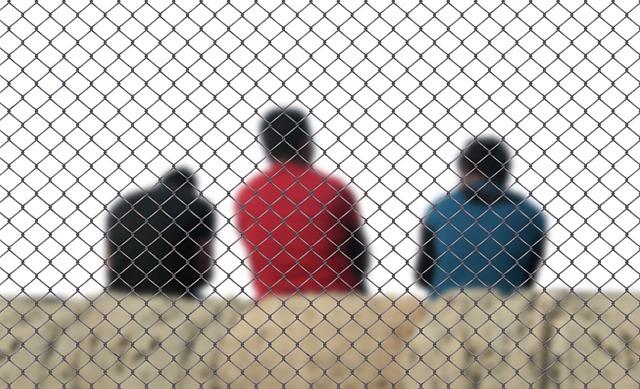
The Role of UNHCR in Facilitating Access to Education
The United Nations High Commissioner for refugees (UNHCR) plays a pivotal role in ensuring that access to education is not just a privilege for refugee students but a essential right. As nations forge pathways for inclusion, UNHCR collaborates with local governments and educational institutions to create tailored education systems that cater to the unique needs of displaced youth. This partnership fosters a range of initiatives aimed at reducing barriers, including:
- Curriculum adaptation: Modifying existing educational programs to better serve refugee children.
- Language support: Offering language classes to help students integrate and succeed academically.
- Scholarship opportunities: Providing funding options to assist students in pursuing higher education.
- Awareness campaigns: Raising community awareness about the importance of inclusive education.
Furthermore, UNHCR actively encourages the establishment of partnerships with ngos and private sectors to enhance educational infrastructure and resources in host countries. By promoting a holistic approach that addresses not only academic but also psychosocial needs, the UNHCR helps to create a nurturing surroundings where refugee students can thrive. Key strategies include:
| Strategy | Description |
|---|---|
| Community engagement | Mobilizing local communities to support refugee education initiatives. |
| Capacity building | Training local educators to better understand and address the needs of refugee learners. |
Key Challenges Faced by Refugee Students in Slovenia
The journey of refugee students in Slovenia, while marked by opportunities, is fraught with several key obstacles that can hinder their educational advancement. First and foremost, language barriers present a significant challenge. Many students arrive with limited proficiency in Slovene, making it difficult to engage fully in classroom activities and understand curriculum materials. This frequently enough results in feelings of isolation and frustration, leading to a lack of confidence and decreased academic performance.
Additionally, cultural adjustments play a critical role in the experiences of refugee students.Transitioning into a new educational environment involves not only adapting to different teaching methods but also navigating unfamiliar social dynamics. Other challenges include:
- limited access to resources: Many refugee families face economic hardships,which can restrict access to academic materials and support services.
- Psychosocial issues: Difficult past experiences can lead to trauma, impacting students’ emotional and mental well-being.
- Educational disparities: Varying levels of educational backgrounds can create gaps in knowledge that necessitate additional support.
| Challenge | Impact |
|---|---|
| Language Barriers | Difficulty in communication and understanding lessons |
| Cultural Adjustments | Challenges in social integration and classroom participation |
| Economic Hardship | Limited access to educational resources |
| Psychosocial Issues | Impact on emotional and mental health |
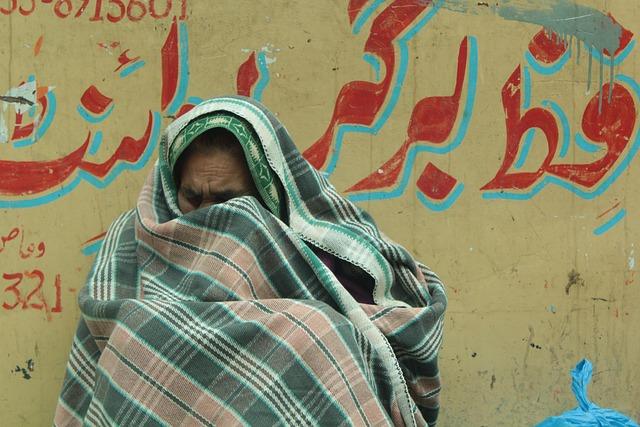
Success Stories: Refugee Students Thriving in Slovenian Schools
In recent years, Slovenia has emerged as a beacon of hope for refugee students, offering diverse educational pathways that empower them to pursue their dreams. Fostering a supportive environment, Slovenian schools have implemented various initiatives to ensure these students thrive academically and socially.Through language courses, mentorship programs, and community integration activities, schools are not only helping refugee students bridge academic gaps but also encouraging cultural exchange and mutual respect among peers. Key supportive measures include:
- Language Support: Intensive Slovenian language programs tailored for newcomers.
- mental Health Services: Counseling and psychological support aimed at helping students adjust.
- After-School Programs: Clubs and activities that promote teamwork and cultural understanding.
Success stories of resilience and achievement are emerging from classrooms across Slovenia. Take the case of Amina, a refugee from Syria, who arrived in slovenia with minimal Slovenian language skills. Through dedicated teacher support and participation in extracurricular activities, she has not only excelled academically but also formed lasting friendships that help her navigate her new home. Similarly, Ivan, who fled conflict in Afghanistan, has become a leader in his school’s student council, advocating for other refugee students and promoting inclusivity. These inspiring tales exemplify how education can transform challenges into triumphs, paving the way for a brighter future and collective societal growth.

Recommendations for Improving Educational Support and Integration
To enhance the educational opportunities for refugee students in Slovenia, a multifaceted approach is essential. One key suggestion is to develop personalized learning plans that cater to the individual needs of each student,acknowledging their diverse educational backgrounds and experiences. This can be facilitated through collaboration between educational institutions and social services, ensuring that educators are equipped with the necessary training to support these students effectively. Furthermore,establishing mentorship programs that pair refugee students with local peers can foster a sense of belonging and community integration,while also providing academic support.
Additionally, it is crucial to improve access to language acquisition programs aimed at helping refugee students overcome language barriers. These programs should prioritize versatility and accessibility, allowing students to learn at their own pace and in various settings, such as after-school workshops or community centers. Partnerships with local NGOs and international organizations would be beneficial in providing resources, funding, and expertise. Moreover,integrating a culturally responsive curriculum can definitely help refugee students feel represented and valued within the educational system,promoting engagement and success.

The Importance of Community Engagement in Supporting Refugee Education
Community engagement plays a crucial role in enhancing the educational experiences of refugee students, providing them with a supportive environment conducive to learning and personal growth. By actively involving local communities, schools can create inclusive settings where refugee students feel valued and understood.Some key benefits of community engagement include:
- Building Bridges: Engagement fosters connections between local residents and refugee families, promoting cultural understanding and mutual respect.
- Resource Mobilization: Communities can come together to provide essential resources, such as tutoring, mentoring, and extracurricular activities that enhance the educational journey.
- Advocacy: Local organizations can amplify the voices of refugee students, advocating for their needs and helping shape policies that support equitable access to education.
Moreover, collaborative projects involving schools, families, and community members can create a sense of belonging for refugee students. Programs that integrate language assistance and cultural exchange not only aid in academic success but also promote emotional well-being. Effective community engagement initiatives might include:
| Initiative | Description |
|---|---|
| Language Buddies | Pairing local students with refugees to assist language learning and integration. |
| Cultural Festivals | Celebrating diverse backgrounds to foster inclusivity and community pride. |
| Career Workshops | Providing skills training and guidance on future career paths for older refugee students. |

In Summary
Slovenia’s recent initiatives to expand educational pathways for refugee students mark a significant step towards inclusivity and empowerment within the country. By collaborating with organizations such as UNHCR, Slovenia is not only addressing the immediate academic needs of these individuals but also fostering long-term integration and community resilience. The emphasis on providing tailored support,language training,and cultural orientation underscores the country’s commitment to ensuring that refugee students can thrive in a new environment. As Slovenia sets a precedent for other nations, it highlights the vital role education plays in transforming lives and building a more equitable future for all. With continued investment and support, these educational pathways could pave the way for a brighter tomorrow for both refugee students and the communities they join.





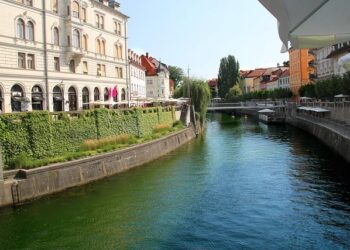
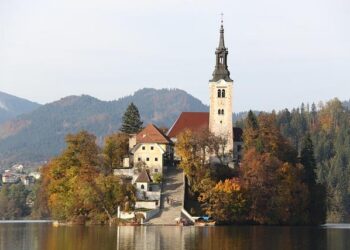








![[Latest] Emerging Trends in the Italy Digital X-Ray Market: What’s on the Horizon? – openPR](https://europ.info/wp-content/uploads/2025/03/2970742-latest-emerging-trends-in-the-italy-digital-x-ray-market-whats-on-the-horizon-openpr-120x86.jpg)
To Him, Americans Were Always Heroes. He’s Not So Sure About Today’s. – The New York Times